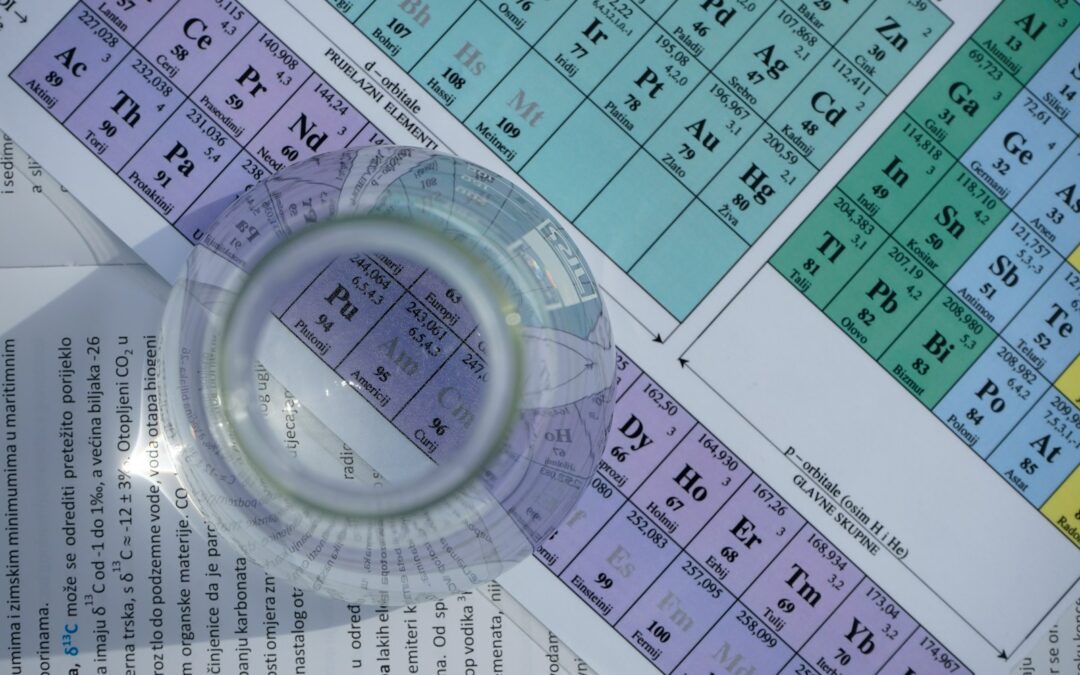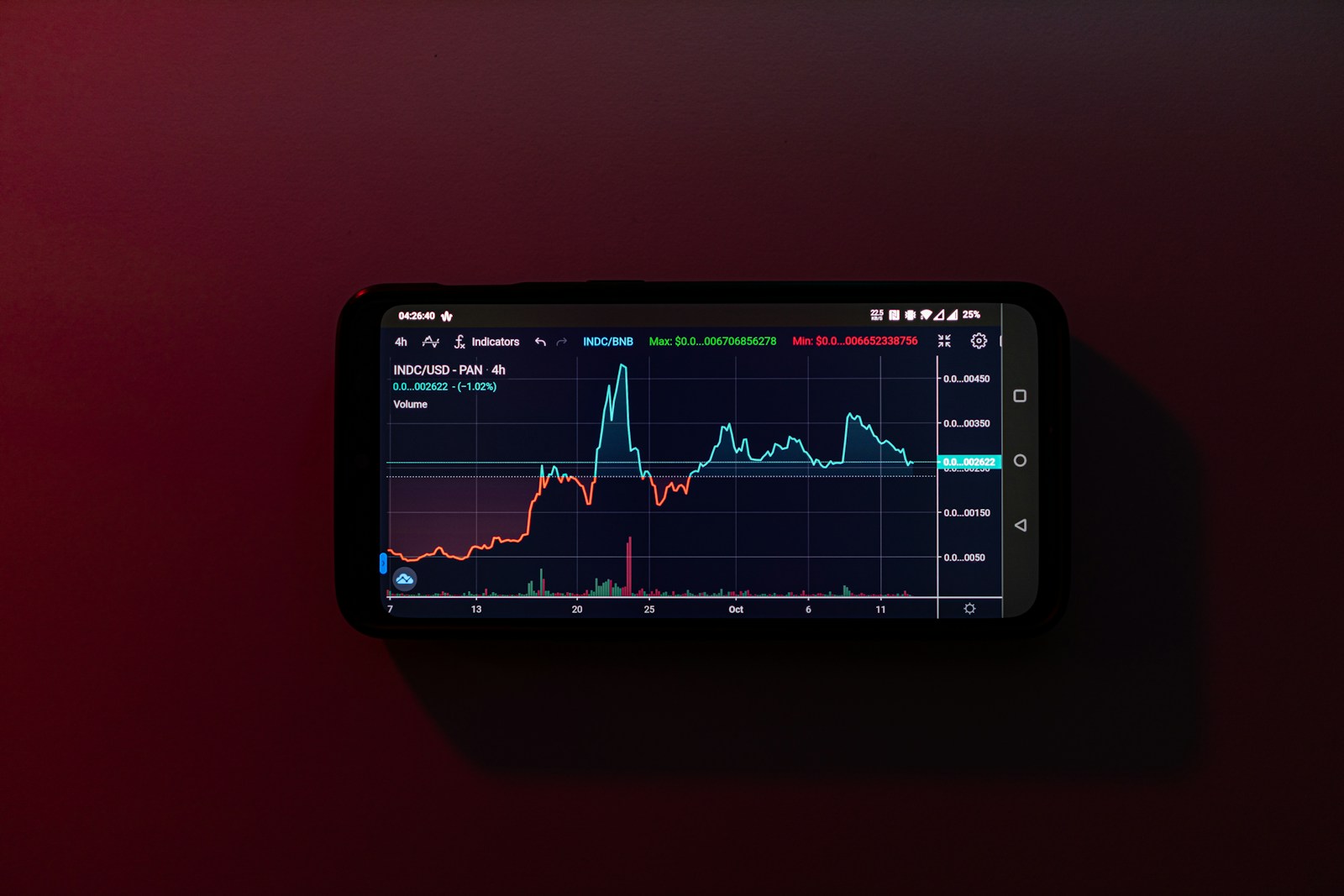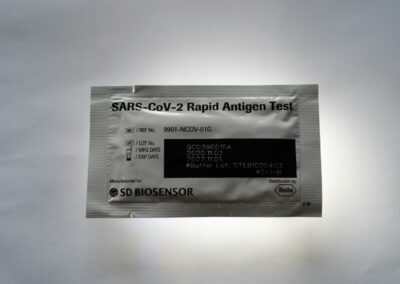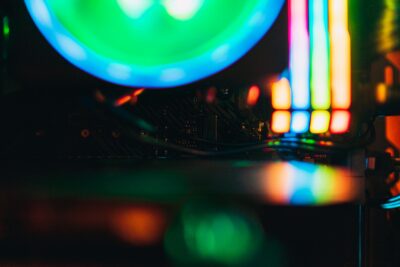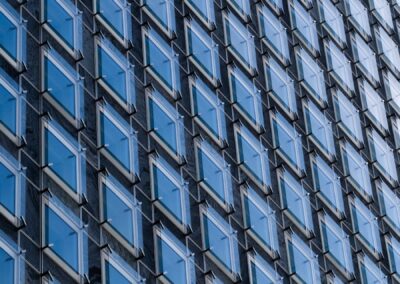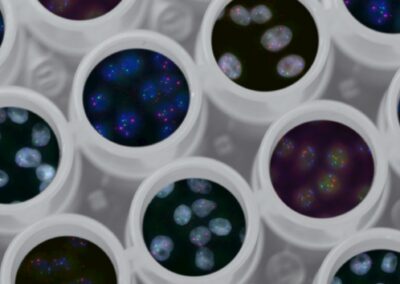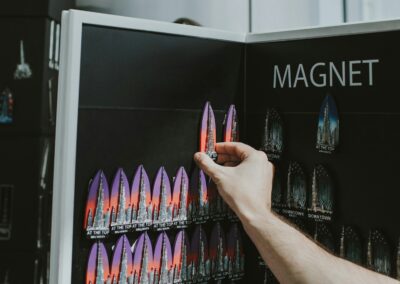Revolutionizing Water Purification and Air Filtration
Advanced Water Purification Techniques
Nanomaterials are playing a crucial role in revolutionizing water purification techniques, a critical area of focus for Saudi Arabia and the UAE. With their unique properties, such as high surface area and reactivity, nanomaterials like graphene oxide and carbon nanotubes enhance the removal of contaminants from water. These advanced materials can effectively filter out heavy metals, organic pollutants, and pathogens, ensuring cleaner and safer water supplies. In regions like Riyadh and Dubai, where access to clean water is essential for sustainable development, the integration of nanomaterials in water treatment facilities is proving to be a game-changer. By improving water quality, these technologies support public health and contribute to the overall sustainability goals of these nations.
Enhanced Air Filtration Systems
Air pollution is a significant concern in rapidly developing urban areas, and nanomaterials are providing innovative solutions to this challenge. In Saudi Arabia and the UAE, nanotechnology-enhanced air filtration systems are being deployed to capture and neutralize harmful airborne particles. Nanofibers and nanostructured catalysts are particularly effective in removing fine particulate matter, volatile organic compounds (VOCs), and other pollutants from the air. These advanced filtration systems are critical in cities like Riyadh and Dubai, where maintaining air quality is essential for the well-being of residents and the environment. The implementation of nanomaterials in air filtration not only improves public health but also aligns with the environmental protection initiatives of these forward-thinking nations.
Pollution Remediation and Environmental Cleanup
Nanomaterials are also at the forefront of pollution remediation efforts, offering effective solutions for cleaning up contaminated environments. In Saudi Arabia and the UAE, where industrial activities and rapid urbanization can lead to environmental pollution, nanotechnology provides a powerful tool for remediation. Nanoparticles such as zero-valent iron and titanium dioxide can be used to break down pollutants in soil and water, rendering them harmless. These materials are particularly effective in treating sites contaminated with hydrocarbons, heavy metals, and persistent organic pollutants. By incorporating nanomaterials into environmental cleanup strategies, Riyadh and Dubai are making significant strides in restoring and protecting their natural ecosystems.
Leadership in Environmental Sustainability
Effective leadership and management are crucial in integrating nanomaterials into environmental applications. In Saudi Arabia and the UAE, leadership in sustainability is characterized by strategic investments and a commitment to adopting cutting-edge technologies. Executive coaching services play a vital role in preparing leaders to navigate the complexities of implementing nanotechnology in environmental management. By fostering a culture of innovation and embracing change management principles, leaders in Riyadh and Dubai ensure that their environmental strategies remain at the forefront of global advancements. This proactive approach not only benefits the environment but also enhances the international reputation of these cities as pioneers in sustainability.
Integrating Artificial Intelligence and Blockchain
The integration of artificial intelligence (AI) and blockchain technology with nanomaterials in environmental applications is transforming the field. AI can optimize the use of nanomaterials by analyzing data from environmental monitoring systems and predicting pollution patterns. Blockchain technology ensures the security and transparency of environmental data, fostering trust in these advanced solutions. In the UAE and Saudi Arabia, where digital transformation is a priority, the combination of AI, blockchain, and nanotechnology enhances the efficiency and effectiveness of environmental protection efforts. By leveraging these technologies, Riyadh and Dubai can implement more precise and scalable solutions for managing environmental challenges.
The Future of Nanomaterials in Environmental Applications
The future of nanomaterials in environmental applications is promising, with continuous advancements driving innovation and sustainability. As research and development in this field progress, we can expect even more sophisticated solutions for water purification, air filtration, and pollution remediation. The commitment of Saudi Arabia and the UAE to environmental sustainability ensures they will continue to lead in the development and implementation of advanced technologies. By integrating nanomaterials with emerging technologies such as generative artificial intelligence and the metaverse, these nations are poised to open new frontiers in environmental management. This holistic approach to sustainability promises unparalleled benefits to both the environment and the broader community.
#Nanotechnology #EnvironmentalSustainability #WaterPurification #AirFiltration #PollutionRemediation #SaudiArabia #UAE #Riyadh #Dubai #AdvancedMaterials #Sustainability #Innovation

